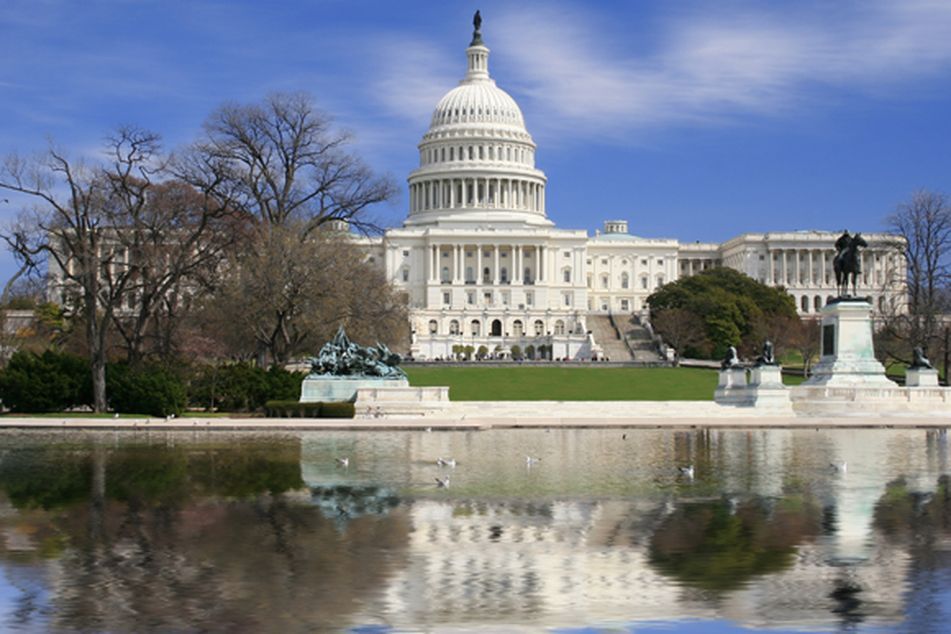How the budget battle greases the skids for a tax overhaul

The fiscal-cliff denoument was not pretty. But it may have laid the foundation for broader tax reform in 2013.
It took intense last-minute negotiations, early morning and late night votes and hours of politically charged caucus meetings for Congress to do something relatively easy – avert a plunge over the fiscal cliff by approving a bill that preserved tax cuts for nearly 100% of Americans.
Even before the final “aye” and “nay” been cast on the fiscal-cliff bill, Republicans and Democrats were girding for the next fiscal war over paring the massive federal deficit and debt.
The verbal jousts were amplified this past weekend, as Senate Minority Leader Mitch McConnell, R-Ky., appeared on three Sunday news programs to warn President Barack Obama that the GOP would demand deep spending cuts over the next couple months in order to raise the federal debt ceiling and keep the government operating.
In the midst of these battle cries, however, there is a quiet but growing chorus of optimism that Washington can take on an issue that is much more complex and fraught with political pitfalls than debates over the fiscal cliff and federal spending.
Lawmakers and experts believe that Congress can tackle comprehensive tax reform in 2013. The fiscal-cliff bill provided the foundation for such a debate by making many of the Bush tax cuts permanent.
One of the lawmakers who will be instrumental in tax reform was hopeful just before the House voted to approve the fiscal-cliff bill.
“This legislation settles the level of revenue that Washington should bring in,” Rep. Dave Camp, chairman of the House Ways & Means Committee, said in a floor statement on Jan. 1. “Next, we need to make the tax code simpler and fairer for families and small businesses. So, by making Republican tax cuts permanent, we are one step closer to comprehensive tax reform that will help strengthen our economy and create more and higher pay checks for American workers.”
The fiscal-cliff bill determined the “baseline” from which tax reform discussions can start, according to Jon Traub, managing principal of tax policy at Deloitte Tax LLP and a former aide to Mr. Camp.
Prior to congressional action last week, one of the biggest obstacles to tax reform was sorting out whether the starting point was a tax code that included the Bush tax cuts or one that let them expire.
Now that that question has been settled, it easier to determine how much “revenue” there should be in a “revenue neutral” tax overhaul, Mr. Traub writes in a recent analysis.
In addition, as Mr. Traub points out, Senate Finance Chairman Max Baucus, D-Mont., notes that the fiscal-cliff bill did not change policy toward so-called tax expenditures – such as retirement-savings incentives – nor did it address corporate tax reform. Both of those big items remain on the table for comprehensive tax reform.
Even the fight between President Barack Obama and congressional Republicans over further tax increases and spending cuts could find a resolution in broad tax reform, according to Mr. Traub.
“[W]ith House Republicans highly unlikely to agree to any legislation that increases tax rates and President Obama pledging in a statement delivered shortly after the [fiscal-cliff bill] passed the House that future efforts to reduce the deficit will not rely solely on spending cuts, the parties are likely to find tax reform one of the few ways to accommodate these competing interests,” Mr. Traub writes.
If Congress does undertake tax reform, it’s likely to be even more dramatic than the fiscal-cliff machinations, with hundreds of lobbying groups protecting their favored tax breaks and lawmakers splitting along both partisan and regional lines to shield the parts of the code most important to them.
But at least the chances are good that Congress will start down the tax-reform path in 2013.
Learn more about reprints and licensing for this article.








